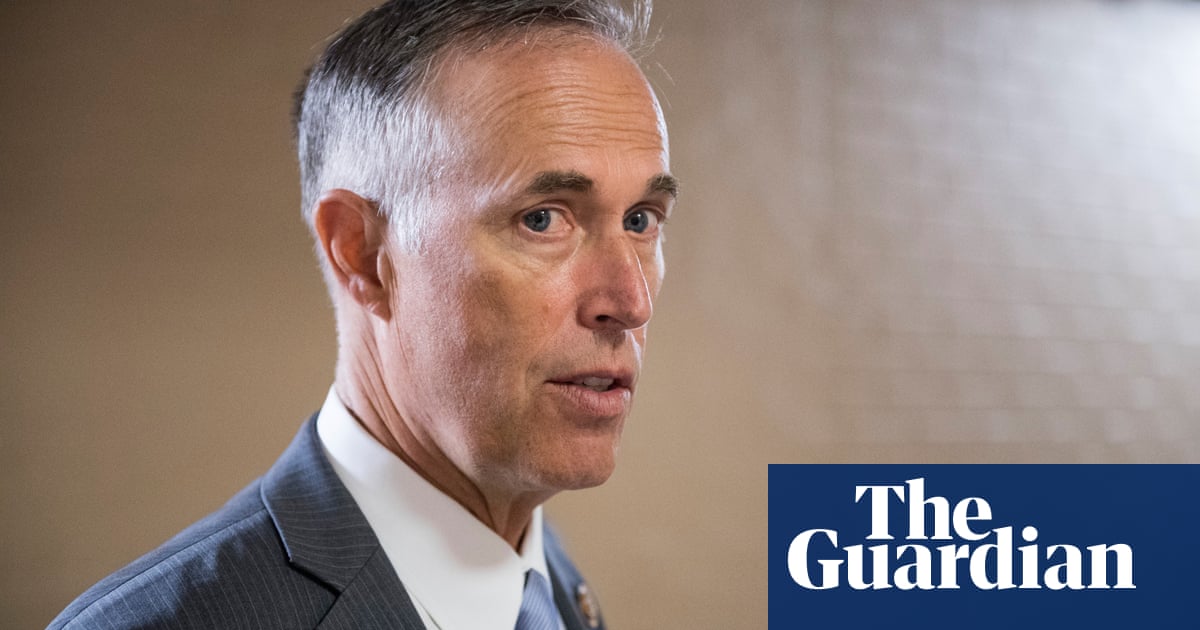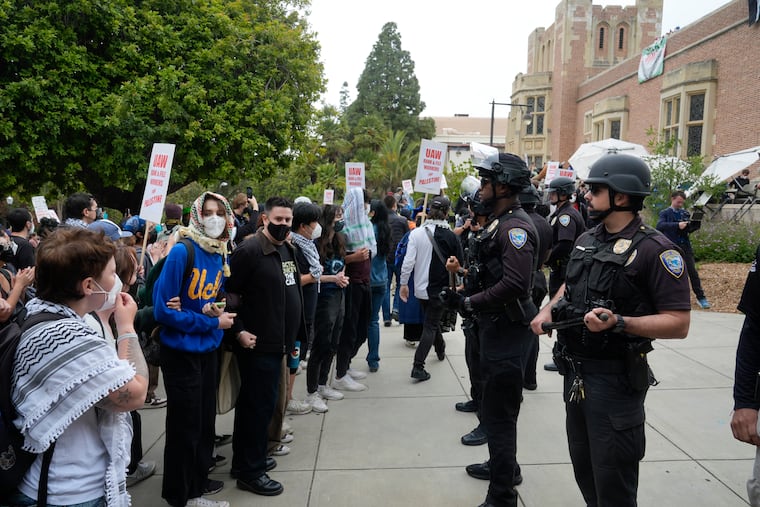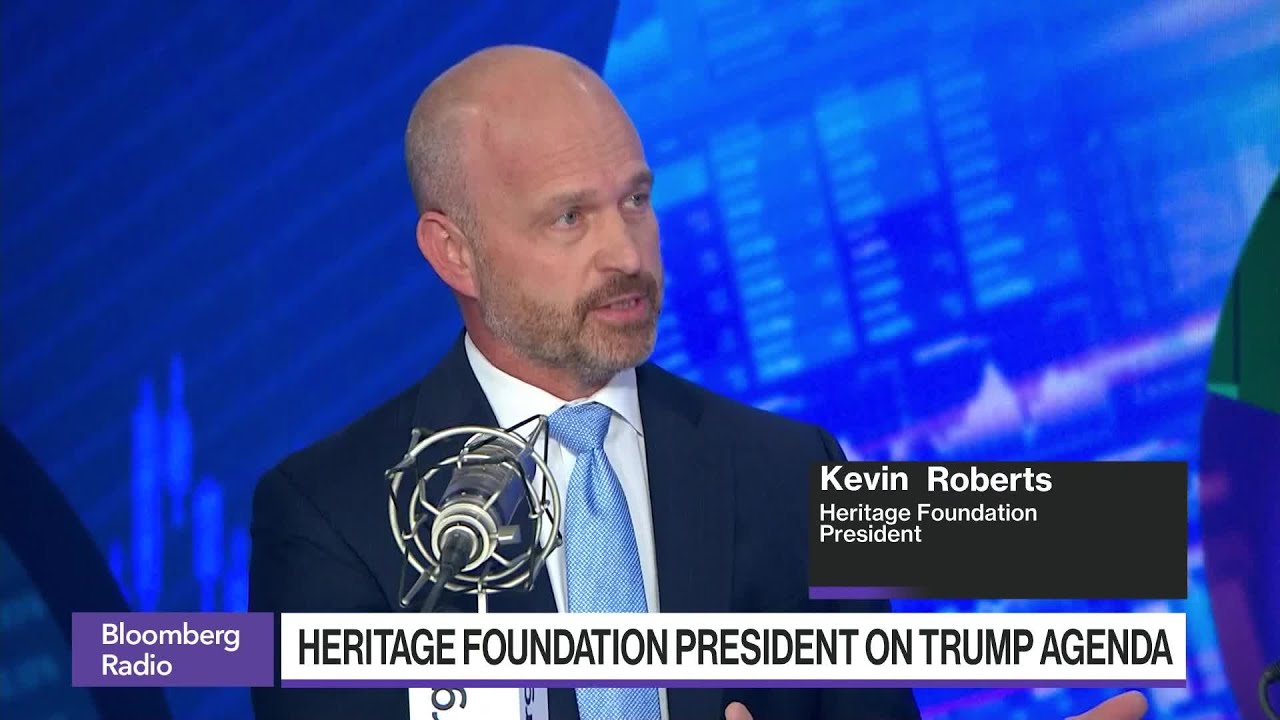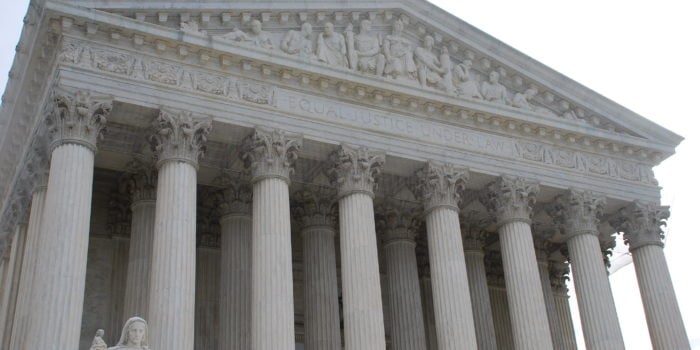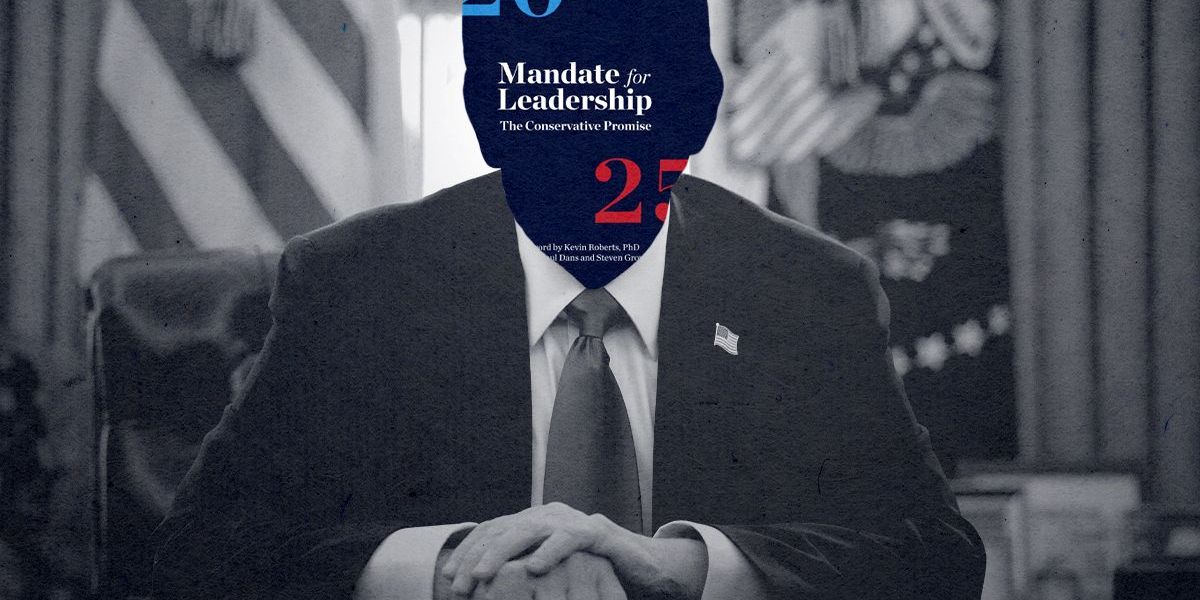Originally at https://www.theguardian.com
Donald Trump has not been shy about attacking California on the presidential campaign trail, telling fellow conservatives that “the place is failing” under Democratic party leadership. And all signs suggest that a second Trump administration would not hesitate to take a sledgehammer to principles and policy priorities that the Golden State and other progressive bastions hold dear.
The Project 2025 policy document, a blueprint for a second Trump presidency drawn up by former Trump administration officials and sympathetic thinktank analysts, takes specific aim at California on abortion rights, fuel emissions standards and the transition to electric vehicles.
The document also raises the possibility of a large-scale crackdown on immigration and an intense focus on border security – a cornerstone of the Trump campaign that could upend the lives of millions of immigrants living in California as well as parts of the state economy, especially agriculture, that depend heavily on immigrant labor.
What is Project 2025 and what is Trump’s involvement?
That is not to mention the other ways Project 2025 envisions overhauling the US government, with implications for California as much as the rest of the country: enhancing the power of the presidency and eroding the independence of the justice department, dismantling what it calls “the administrative state”, abandoning efforts to combat the climate crisis and curbing the rights of LGBTQ+ Americans.
“Project 2025 is more than an idea,” the California congressman Jared Huffman has warned, “it’s a dystopian plot that’s already in motion to dismantle our democratic institutions, abolish checks and balances, chip away at church-state separation, and impose a far-right agenda that infringes on basic liberties and violates public will.”
What remains to be seen, though, is how much of the wish list laid out in Project 2025’s 900-page “Mandate for Leadership” is actually achievable. Trump himself has sought to distance himself from the document, as Democrats like Huffman have started using it as a cudgel with which to attack his campaign. And a number of policy experts at one remove from the heat and hyperbole of the election campaign believe that any dystopian plot might quickly give way to a lot of lawsuits likely to slow or halt parts of the Trump agenda for months or years.
“I don’t think they are capable of pulling off a lot of the things they want to pull off,” said Christopher Thornberg of the Los Angeles-based research and consulting firm Beacon Economics. While an immigration crackdown similar to the one in Trump’s first term seems inevitable, mass expulsions of millions of people as promised by the former president would be dizzyingly expensive and near-impossible to pull off, he argued.
As for California’s more ambitious environmental targets that Project 2025 wants to disrupt, some – getting rid of gas-powered cars by 2035, for example – are probably unfeasible.
On many other issues, California can draw on its experience of the first Trump presidency to throw up roadblocks or pass its own state legislation. The Project 2025 document may be a sign that Trump and his allies are more ready to govern this time, but – as the political consultant and co-founder of the anti-Trump Lincoln Project Mike Madrid argues – California and other blue states are better prepared, too.
“Whatever the federal government decides to do, California can compensate,” Madrid said. In the event of a second Trump presidency, he expected the state to start filing lawsuits almost immediately, as it did more than a hundred times during the 2017-21 presidency, and find administrative or legislative solutions to a lot of the problems a new Trump administration might try to create.
“This state is good at finding ways around the policies,” he said. “The size of the economy makes it easier to do that.”
In one instance – a proposal in the Project 2025 document to end a legal waiver that has enabled California to set its own fuel efficiency standards for the past half-century – the courts have already heard a suit brought by several Republican-run states and ruled in California’s favor.
None of that diminishes the threats that Trump and his supporters have been directing at California’s political leadership, or the nastiness of some of their language. In speeches over the past year, Trump has mischaracterized California as a place with so little water that even rich people in Beverly Hills can’t take proper showers, a place where shoplifting and other crimes are so rampant the only solution is to shoot criminals on sight, a place where undocumented immigrants are, implausibly, offered pension funds and mansions on arrival and can vote illegally multiple times over. “The world is being dumped into California,” he told state Republicans last September. “Prisoners. Terrorists. Mental patients.”
Project 2025’s approach has been less fanciful and much more focused on policy detail. It rails, for example, against what it calls “abortion tourism” in California and other states and proposes a number of administrative remedies to track women who travel there because of abortion bans in their states, and to withhold Medicaid and other federal funding if California continues to insist that insurance companies make abortion part of their health coverage.
None of this, though, is as frightening to abortion rights activists in California as the part that is left unsaid: the desire of many on the political right to institute an outright national abortion ban. Asked whether she believed Trump when he said he would not support such a ban, Jodi Hicks of the Planned Parenthood Affiliates of California responded with a flat “No.”
To her, the fight in California is not about the fine print of the Hyde amendment or the Weldon amendement – tools invoked by Project 2025 that Republicans have used in the past to try to restrict abortion around the country – but rather about control of Congress to avert even the possibility of a national ban.
Hicks has identified eight swing districts in California that she believes can determine control of the House of Representatives and her organization is spending hundreds of thousands of dollars to support the Democratic candidates there. “The road to reproductive freedom runs through California,” she said. “We know what the intention is – they want to take away abortion rights all across the country, including California. What we need is a Congress that can push back and protect us.”
The best way to thwart the Republicans’ plans, in other words, is to vote against them. California, as a solid-blue state, will do its part to keep Trump out of the White House. What the rest of the country does remains to be seen.
Read the Original Story
